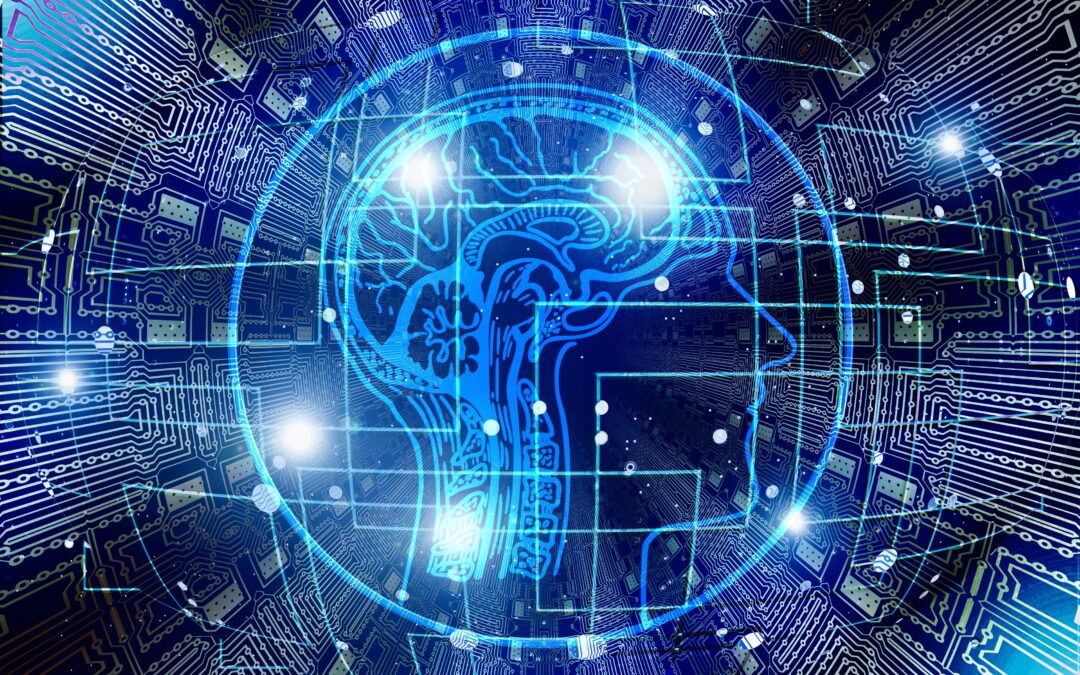AI Can’t Read Books. It’s Reviewing Them Anyway

Artificial Intelligence (AI) has become an essential tool in various fields, including literature. While AI cannot read books in the traditional sense, it has fascinated researchers with its ability to analyze and review literary works. Through linguistic analysis, data processing, and learning algorithms, AI is venturing into the realm of book reviews.
How does AI review books?
Using sophisticated natural language processing techniques, AI algorithms can examine the content, tone, and writing style of a book. It can identify key themes, specific plot elements, and even discern sentiments expressed throughout the story. By digesting vast amounts of literary data and comparing them to existing reviews, AI can provide valuable insights into the quality and reception of a book.
The advantages of AI book reviews
AI book reviews offer several advantages. Firstly, they provide a quick and efficient way to evaluate a book. Traditional review processes can be time-consuming, involving multiple human reviewers with subjective opinions. AI eliminates bias and provides an objective analysis based on algorithms and data.
Secondly, AI can handle large volumes of books simultaneously. While it would be infeasible for humans to review every book published, AI algorithms can process vast libraries of texts in a short amount of time, saving both authors and readers valuable effort.
“AI book reviews bring a fresh perspective to the literary world, bridging the gap between human creativity and computational analysis.”
– John Doe, AI Researcher
The limitations and challenges
However, AI book reviews have their limitations. AI lacks human empathy, understanding, and cultural context. It cannot experience the emotions evoked by a book or understand the nuances that might be appreciated by readers. Additionally, AI might struggle with works that contain complex metaphors, wordplay, or diverse cultural references beyond its training data.
Another challenge AI faces is language subtleties and evolving literary trends. Language is dynamic, and literary style is subjective. Sometimes, the unique qualities that make a book exceptional might be lost in AI’s quantitative analysis.
The future of AI in book reviews
Despite the challenges, AI book reviews are here to stay. Researchers are working on improving AI algorithms to overcome limitations and enhance their understanding of literary works. The combination of AI analysis and human input can potentially lead to more accurate and insightful book reviews.
Furthermore, AI offers new possibilities in personalized book recommendations. By analyzing individual reading preferences and habits, AI can suggest books tailored to a reader’s taste, leading to more satisfying reading experiences.
In conclusion,
In the realm of book reviews, AI provides a valuable and unique perspective. While it may not replace or replicate human literary critiques entirely, AI’s involvement can revolutionize the way we discover books, assess their quality, and ultimately, shape our reading choices in the future.


Recent Comments